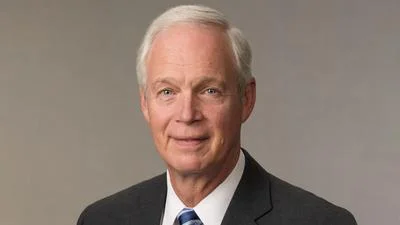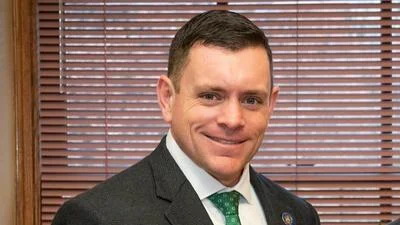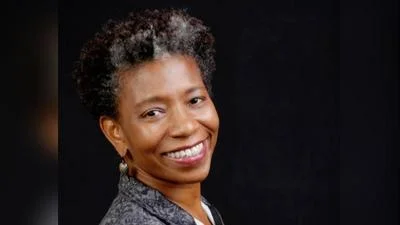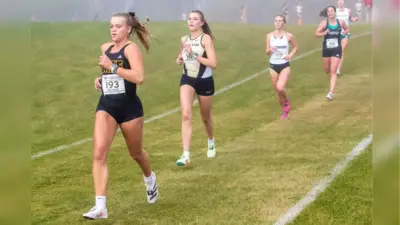Mark A. Mone Chancellor | Official website
Mark A. Mone Chancellor | Official website
Milwaukee Mayor Cavalier Johnson and Wisconsin State Superintendent of Public Instruction Jill Underly recently visited the UWM Children’s Learning Center to engage students in the “Teach a Kid to Vote” challenge. This initiative is part of UW-Milwaukee’s Center for 21st Century Studies’ Story Cart project, titled “Trust & the Vote.”
During their visit on May 9, Johnson and Underly interacted with first-to-fifth graders and kindergarteners, discussing the voting process and its significance. Underly explained the registration process, including the need for a photo ID and proof of residence, as well as how to locate polling places and cast ballots. She emphasized the importance of voting in a representative democracy: “Because you live in a representative democracy and your voice is important. You select your leader so they can enact policies and create things to make your lives better,” she told the students.
Johnson tailored his discussion for younger children, explaining voting through personal example: “Voting is important. The reason I’m here as mayor is because people voted for me,” he said.
Both officials addressed questions from students about challenges faced by voters without photo IDs or permanent addresses. Johnson noted that while children cannot vote yet, learning about voting now prepares them for future participation: “We’ve got so many people not just here in Milwaukee, but across the state, across the country, who can vote, and should vote, but don’t vote.”
C21 fellows Jessica Thompson and Jacob Clements conducted polls at the end of each session to gauge whether Underly and Johnson had succeeded in teaching kids about voting; both received affirmative responses.
The Story Cart project aims to deepen awareness about civic engagement among Milwaukee residents by posing questions related to trust in voting systems. The project involves mobile interviews throughout the city.
Rona Wolfe, assistant director of kindergarten and school-age programs at UWM Learning Center, stressed the importance of introducing big ideas like voting early in childhood: “Early childhood is the right time to start thinking about big ideas with children.” Underly added that even simple classroom votes teach cooperation and decision-making within groups.
Students at UWM Learning Center demonstrated an eagerness to participate in democratic processes despite their young age. One student highlighted the importance of electing good leaders: “So a bad person doesn’t make bad rules. We need a good person who makes good rules.” Another kindergartener expressed his intention to vote for Elsa from Disney's "Frozen."
Through initiatives like these visits by Underly and Johnson, young learners are being equipped with knowledge about civic responsibilities long before they reach voting age.






 Alerts Sign-up
Alerts Sign-up